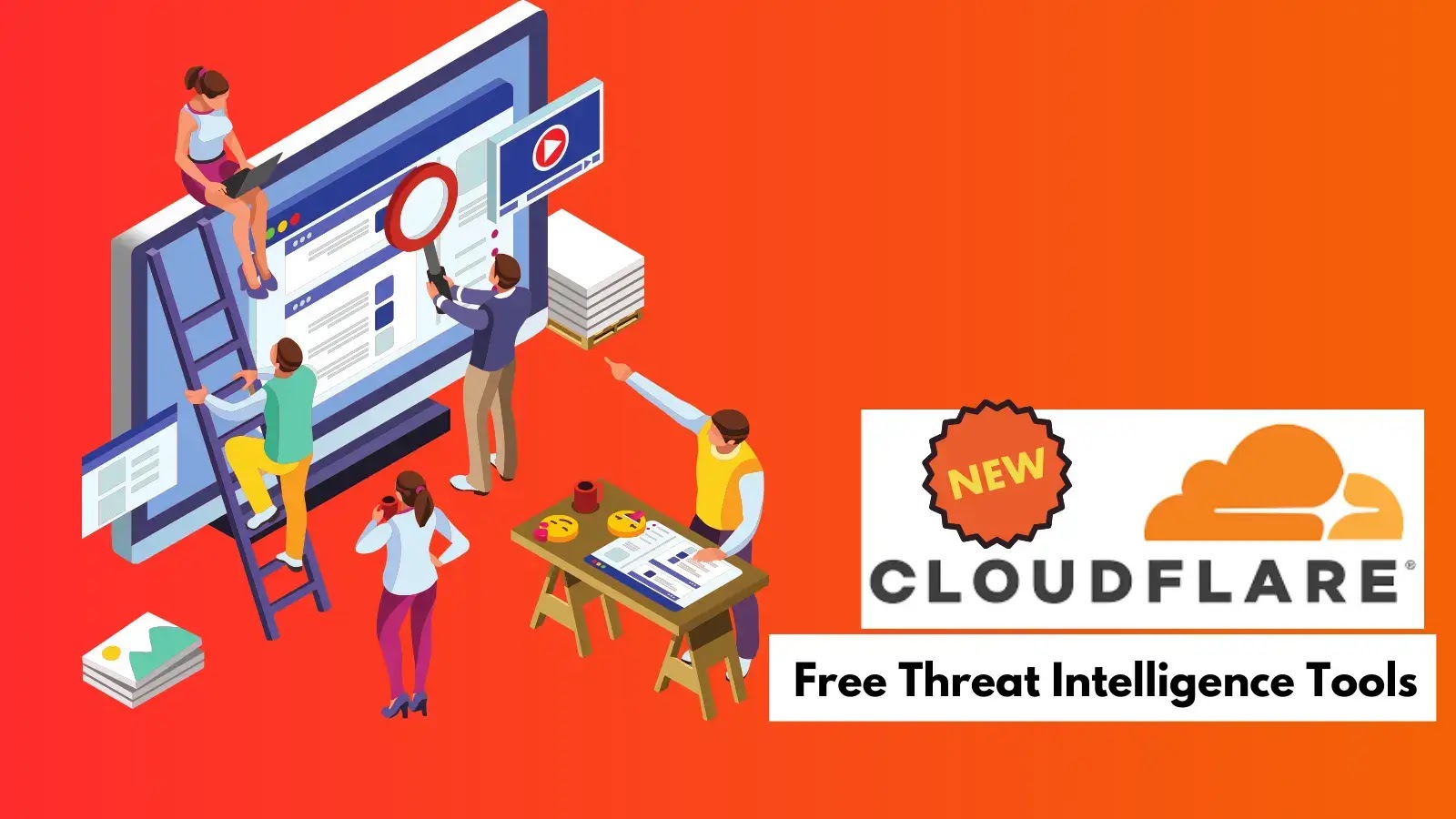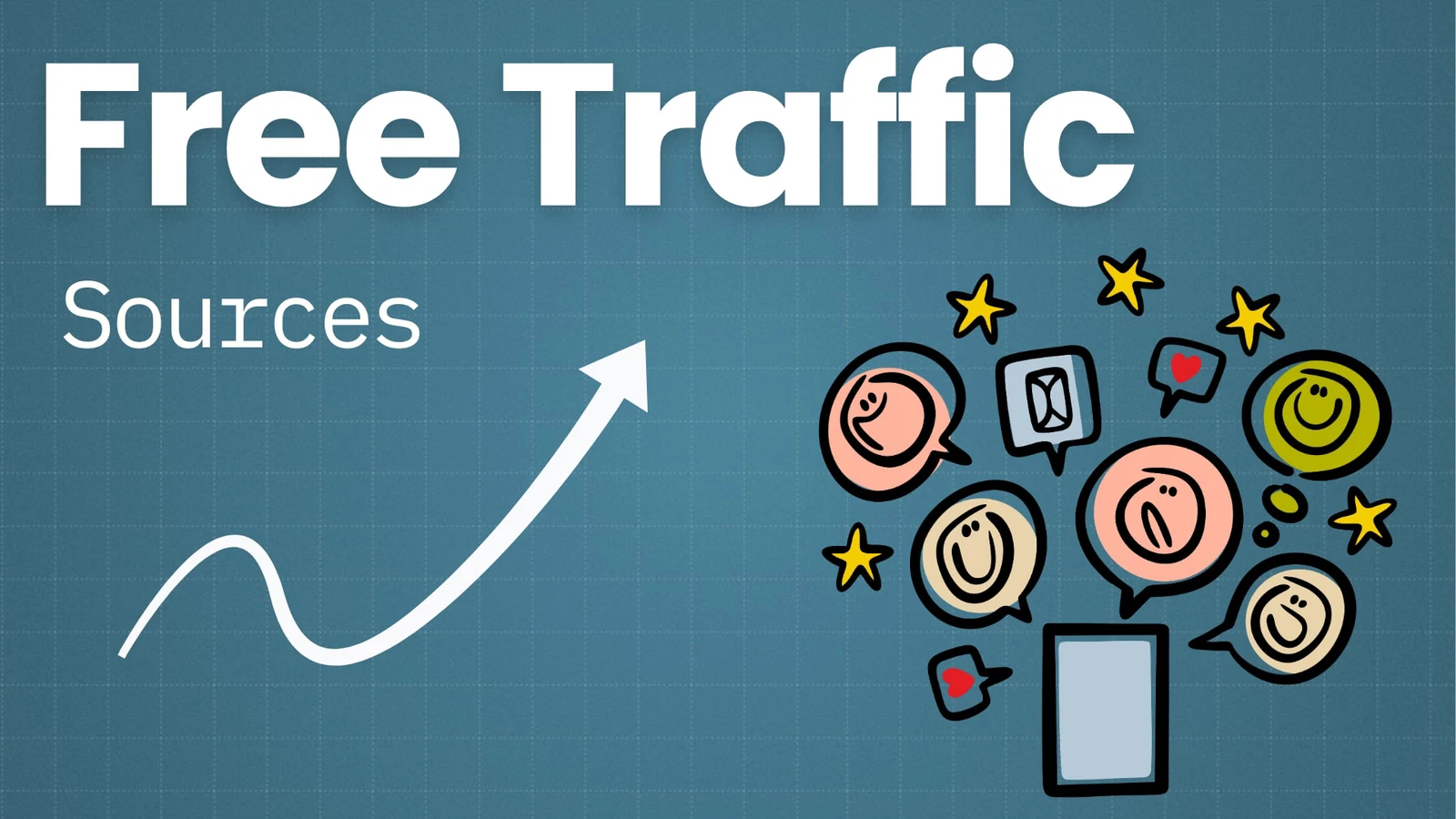When signing up for online services, many websites require you to provide a credit card for verification, even for free trials. However, you might not want to risk your personal financial information or be concerned about being charged once the free trial ends. In these cases, a Virtual Credit Card (VCC) can be a great solution. A VCC allows you to use a temporary, anonymous credit card for online transactions, giving you the flexibility to enjoy trials without worrying about unexpected charges.
This guide will walk you through how to get a free VCC for website trials, the benefits of using a VCC, and how to use them effectively.
1. What is a Virtual Credit Card (VCC)?
A Virtual Credit Card is a digital version of a physical credit card that is issued by a bank or financial service provider. It allows users to make online transactions without revealing their actual credit card details. These cards often come with temporary numbers that expire after a set period or once used for a specific transaction. Virtual cards provide added security and privacy, as they can be used anonymously and don’t tie directly to your bank account.
2. Why Use a VCC for Website Trials?
Using a VCC for website trials offers several benefits:
- Avoid Unwanted Charges: Many free trials require a credit card, and you may forget to cancel before the trial ends. Using a VCC ensures that you are only charged within the credit limit of the virtual card.
- Enhanced Privacy: VCCs protect your real credit card information, minimizing the risk of fraud and misuse.
- Temporary Use: Virtual cards are ideal for one-time transactions or short-term uses, making them perfect for trials or temporary subscriptions.
3. Where to Get a Free Virtual Credit Card
Getting a free VCC for website trials is easier than you think. Several services provide free VCCs, either as part of their offerings or through specific promotional offers. Below are the most popular platforms where you can get a free VCC:
a. Revolut
Revolut offers virtual credit cards that can be used for online purchases, including trials. Revolut’s free plan allows users to create a virtual card, which can be used for transactions on websites, including free trials. The card can be topped up via bank transfer or other methods, and it allows you to control your spending easily.
- How to Get It:
- Sign up for a Revolut account (free plan).
- Request a virtual card from the app.
- Add funds to the card for use in website trials.
Revolut cards are especially popular because they are widely accepted and offer additional features like disposable virtual cards for extra security.
b. Payoneer
Payoneer is a widely known payment service that provides VCCs for online transactions. While Payoneer’s services are typically aimed at businesses, individual users can also create accounts and receive a virtual card.
- How to Get It:
- Sign up for a Payoneer account.
- Apply for a Payoneer virtual card (note that this may require identity verification).
- Use the card for online trials, including for signing up for services that require a credit card.
Payoneer offers the advantage of being accepted by a broad range of websites, and their cards are relatively easy to obtain.
c. NetSpend
NetSpend is another popular prepaid card service that offers virtual credit cards, which are ideal for online transactions. Their cards can be used for free trials and one-off purchases, and NetSpend allows you to create virtual cards instantly through its website or mobile app.
- How to Get It:
- Sign up for NetSpend and open an account.
- Request a virtual prepaid card (they may require a deposit to fund the card, but some options are free).
- Use the card for signing up for free trials.
NetSpend’s VCCs are great for international transactions and are accepted widely for online payments.
d. Privacy.com
Privacy.com is a service specifically designed to provide virtual credit cards for online payments. They allow users to create one-time or recurring virtual cards that can be used to sign up for free trials without worrying about future charges.
- How to Get It:
- Sign up for a Privacy.com account.
- Choose the option to create a virtual card.
- Set the spending limit (it can be set to a very small amount, making it perfect for free trials).
- Use the virtual card details to sign up for the free trial.
Note: Privacy.com also offers the ability to create multiple virtual cards and set them to automatically expire after the first use, which is ideal for trials.
e. Wise (formerly TransferWise)
Wise offers virtual cards as part of their borderless account feature. This is another excellent option for creating a free VCC to use for website trials. You’ll be able to generate a temporary card that works just like a normal credit card for online purchases.
- How to Get It:
- Open a Wise account.
- Apply for a virtual card (note that you might need to deposit money into your account for this).
- Use the VCC for signing up for free trials.
4. How to Use Your Free Virtual Credit Card for Website Trials
Once you have a free VCC, you can easily use it to sign up for website trials. Here’s how to do it:
Step 1: Sign Up for the Trial
Visit the website you want to try and sign up for their free trial. During the sign-up process, you will typically be prompted to enter credit card details.
Step 2: Enter VCC Details
Instead of entering your actual credit card information, enter the details of your free virtual credit card. This typically includes the card number, expiration date, and CVV.
Step 3: Set the Spending Limit (Optional)
Some services allow you to set a spending limit on your virtual card. This feature is useful if you want to ensure that no charges are made after the trial period ends.
Step 4: Monitor the Trial
Once your VCC is entered, monitor the trial period carefully. Be sure to cancel the trial before it ends if you don’t wish to be charged, especially if the VCC is temporary.
Step 5: Use the Card Until It Expires
If your VCC is a one-time-use card, it will expire after the first transaction, making it ideal for free trials. If the card has a set expiration date, make sure to track it so that you don’t miss the window for using the trial.
5. Benefits and Limitations of Using VCCs for Trials
Benefits:
- Security and Privacy: You don’t need to enter your real credit card information, reducing the risk of fraud.
- Control: You can set limits on the virtual card to ensure you aren’t charged after the free trial ends.
- Convenience: VCCs can be used for all kinds of online transactions, including for signing up for trials or buying items from e-commerce websites.
Limitations:
- Limited Funds: Some virtual cards may require an initial deposit to fund the card, so they aren’t entirely free.
- Expiration: Most VCCs are temporary, and you may lose access to the card after the trial ends.
- Availability: Some VCC providers are only available in certain regions or countries, so availability can vary.
6. Conclusion
Getting a free virtual credit card (VCC) for website trials is a great way to protect your financial information and avoid unwanted charges. Services like Revolut, Payoneer, NetSpend, Privacy.com, and Wise offer virtual cards that are easy to obtain and use for online transactions. Whether you’re signing up for a free trial, making a one-time purchase, or trying out a new service, a VCC can help you maintain privacy and control over your online payments. Just remember to monitor your trials and cancel them before they end to avoid any surprise charges.
By using a VCC, you can enjoy the benefits of online trials without the risk of financial exposure.











